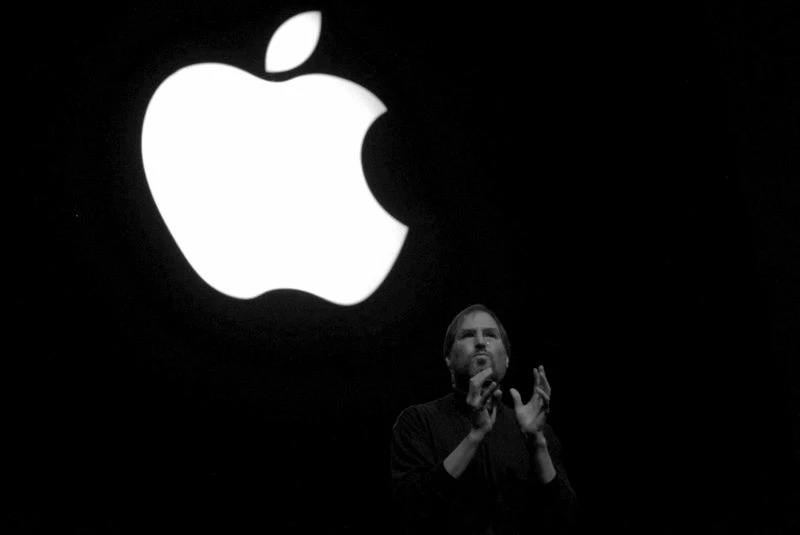
Partner Article
Carrying on Jobs’ legacy: How will Apple manage change?
Sara Ridley, Business Technology Consultant at Waterstons advises on how Apple will survive moving forward:
Change Management, Process Change Management, Business Process Re-Engineering. We’ve all heard these terms, especially in the last few years. A lot of us have read more than a few books on these subjects, attended several conferences, and had many discussions around the topic. Even so, change is still a huge challenge.
Many companies rise to this challenge. A perfect and timely example is of course Apple. How is it possible that Apple went from near-oblivion in the 1990s to become one of the great success stories of the 21st century at a time when the most dramatic, disruptive changes in IT history were taking place? The answer is: Steve Jobs and his visionary leadership.
Last week, with the passing of Steve Jobs, the world lost one of the most innovative minds it had ever seen and Apple lost its legendary leader. Jobs did an excellent job of setting up a company that can thrive without him and that is what makes him such a great leader. Jobs made “change” the mantra and infected the entire organisation – as well as the whole supply chain – with the vision of Apple changing the way computing, music and communications could be delivered. At the end of Steve Jobs’ rousing presentation during the iTunes launch, fear was the last thing on peoples’ minds. There was a job to be done: change the industry, and so he did.
How did Jobs accomplish change? It is a truism that, on their own, organisations don’t change. Jobs understood that employees hold the key to successful change and built an environment with this in mind. A work environment that is receptive to change ensures that employees have the tools to execute the change themselves and encourages a collaborative approach.
Jobs had an approach that is much more productive than that of leaders who simply fight resistance to change. When individuals really understand what is changing and identify their role within that change, they will act alongside it rather than against it. Managers with good leadership skills have clear lines of communication with their teams and any skill gaps, for example in IT, can be accommodated. Moving beyond fear and resistance, effective leadership can turn a ‘resistor’ into an advocate of change.
How will Apple manage the change and survive moving forward? Apple will survive by carrying on Jobs’ legacy. Steve Jobs made his major contribution to Apple, by setting in motion an idea of extraordinary originality upon which the thousands of employees at Apple can build and improve; and the many of us who struggle with change should take note.
Sara heads up the North East chapter of the Change Management Institute, email Sara for more details at sara.ridley@waterstons.com
This is a Codeworks Technote.
This was posted in Bdaily's Members' News section by Amy Crimmens .
Enjoy the read? Get Bdaily delivered.
Sign up to receive our popular morning National email for free.








 Navigating the messy middle of business growth
Navigating the messy middle of business growth
 We must make it easier to hire young people
We must make it easier to hire young people
 Why community-based care is key to NHS' future
Why community-based care is key to NHS' future
 Culture, confidence and creativity in the North East
Culture, confidence and creativity in the North East
 Putting in the groundwork to boost skills
Putting in the groundwork to boost skills
 £100,000 milestone drives forward STEM work
£100,000 milestone drives forward STEM work
 Restoring confidence for the economic road ahead
Restoring confidence for the economic road ahead
 Ready to scale? Buy-and-build offers opportunity
Ready to scale? Buy-and-build offers opportunity
 When will our regional economy grow?
When will our regional economy grow?
 Creating a thriving North East construction sector
Creating a thriving North East construction sector
 Why investors are still backing the North East
Why investors are still backing the North East
 Time to stop risking Britain’s family businesses
Time to stop risking Britain’s family businesses